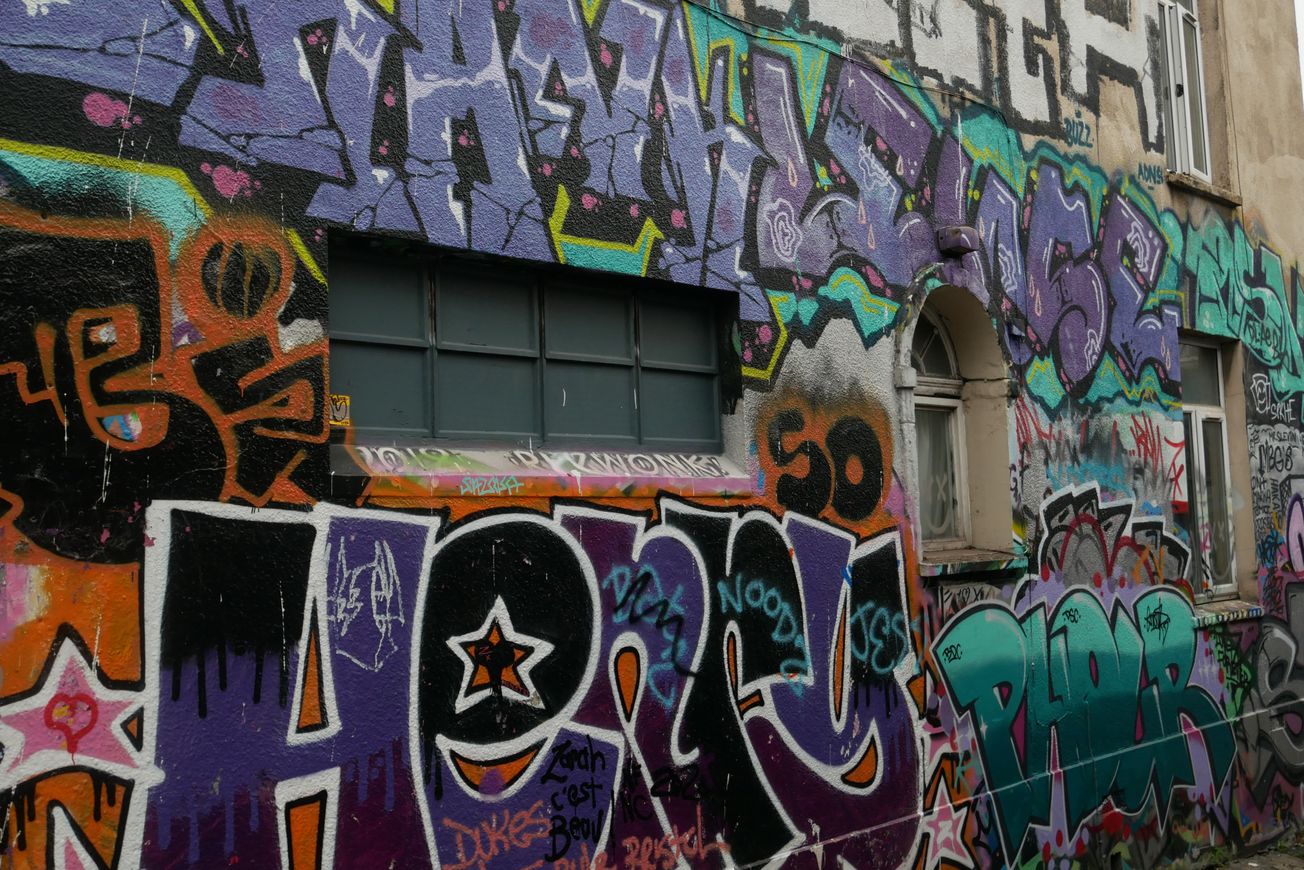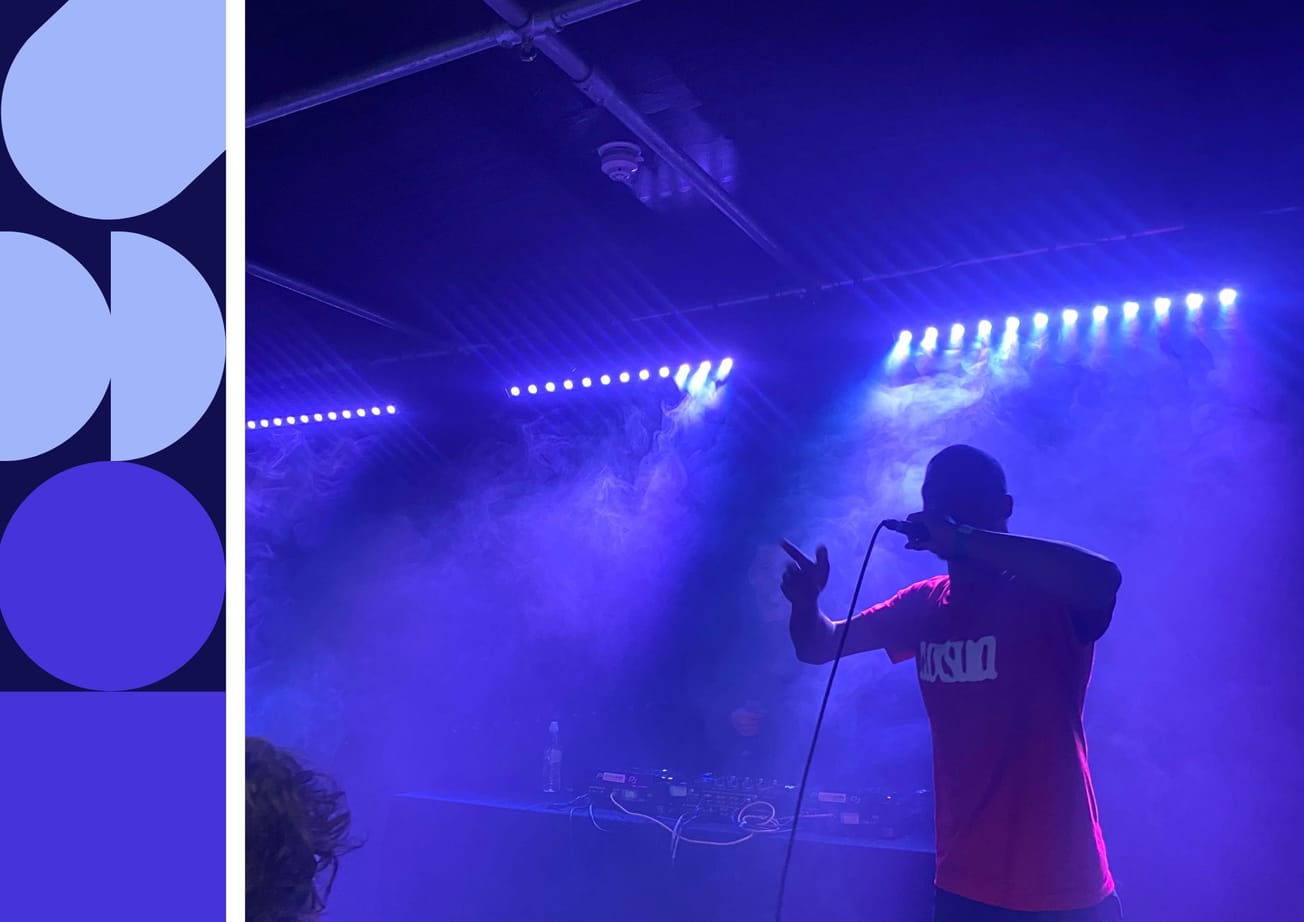The cancellation of live music and subsequent loss of revenue as a result of the coronavirus pandemic leads to a question what is next for small artists.
By Isobel Turner, Second Year Liberal Arts
As people are spending more and more time at home, the reliance on the arts industry is higher than ever, but musicians are still struggling. Despite pursuing alternate avenues, such as online streams and merchandise sales, in search of funding, the present impossibility of live music has removed an essential revenue stream.
With most small artists falling under the bracket of ‘freelancer’ and the fact that the government’s £1.57 billion rescue package for the arts failed to cover this category, they missed out on much of the emergency help provided over lockdown. While vital action was taken to protect venues, bail outs failed to explicitly support the creatives that work within them.
Kristian Bressington, session musician and music tutor’s, comment that, ‘the arts industry were feeling left behind’ is likely a widely held sentiment.
‘The arts industry were feeling left behind’
Spotify’s recent announcement of their new ‘Discovery Mode’ feature, obstinately a scheme to help small artists promote music without any upfront cost, seems like a positive development until closer examination. Mandates that state ‘labels or rights holders agree to be paid a promotional recording royalty rate for streams’, which allow the company to pay these artists less are concerning to say the least.
While streaming services may be useful to gain publicity, they are unlikely to generate a large cash flow for small artists. Musicians are being disproportionately extorted of their earnings at a time when non-concert-based profits are more vital than ever.
There is, of course, an industry beyond an individual musical career. Teaching has the potential to be more lucrative than ever before, as people seek out new hobbies while stuck indoors.
George Turner, guitarist and producer for Bristol-based band Sun Spot, said of his day job, ‘work as a music tutor has remained mostly the same, but funding regarding the band and any other creative projects has become wildly different’. Due to much of this work also being freelance and taking place within clients' homes, it remains precarious with constant governmental restriction changes.
'Funding regarding the band and any other creative projects has become wildly different’
More time at home due to lockdown has allowed for more time to develop their projects, highlighting the already growing genre of ‘bedroom artists’. Musicians that write, record and produce in their own homes have found themselves with a method that has value during the pandemic, with many studios closed and travel otherwise restricted.
Creating music was already becoming a more accessible platform; coronavirus may have accelerated this process.
Though the cards seem to be, at times, absurdly stacked against them, this lockdown has proved the perseverance amongst creatives.
How have you been supporting your favourite artists during lockdown?








